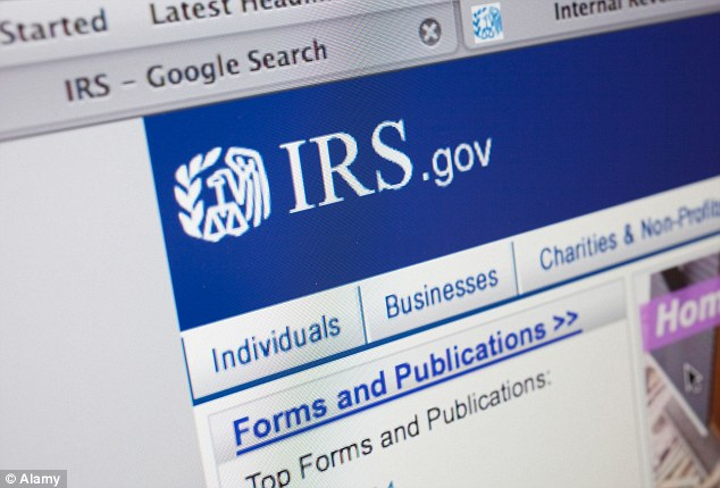Opting Out of Monthly Child Tax Credit Payments
By: Stacey Nickens
On July 15, the IRS will begin sending out monthly child tax credit payments to eligible parents. However, what should you do if you would rather receive your child tax credit payment in a lump sum payment?
You will be able to opt out of receiving the monthly payments by using an IRS portal. The IRS says two child tax credit portals will be available to taxpayers by July 1. The portals will eventually be available on this webpage. Taxpayers can use one of these portals to choose to receive their child tax credit payment as a lump sum instead of through monthly payments.
Taxpayers will also be able to use these portals to update their number of children and income information if their circumstances have changed or will change in 2021. For example, taxpayers who are having children in 2021, whose income changed or will change in 2021, or whose child custody status changed or will change will be able to use these portals to inform the IRS of these changes. Parents who have recently divorced should know that both parents will not receive money for their child. Recently-divorced parents should use these portals to inform the IRS about which parent will receive the child tax credit payment or payments.
If you choose to opt out of the monthly payments, you will not receive your child tax credit payment until the IRS processes your 2021 tax return next year. Your credit would then either come as a tax refund or be used to offset your tax bill.
For example, if you have a child under 6 years old, you could be eligible to receive a lump sum payment of $3,600 when you file your 2021 tax return. Alternatively, you could receive this credit as $300 monthly payments from July to December. You would receive the remaining $1,800 of your credit when you file your 2021 tax return.
You may want to opt out of receiving monthly child tax credit payments if…
- You prefer to receive one lump sum payment come tax time.
- You know your circumstances will be changing in 2021, and you do not want to have to update your information on the portal.
- You believe the IRS may overpay you, and you do not want to owe taxes when you file your return next year.
At this time, we do not know exactly what these portals will look like and when they will be available. However, as the IRS releases more information, we will update you. In the meantime, feel free to reach out to our dedicated tax team if you have any questions about the revamped child tax credit.




